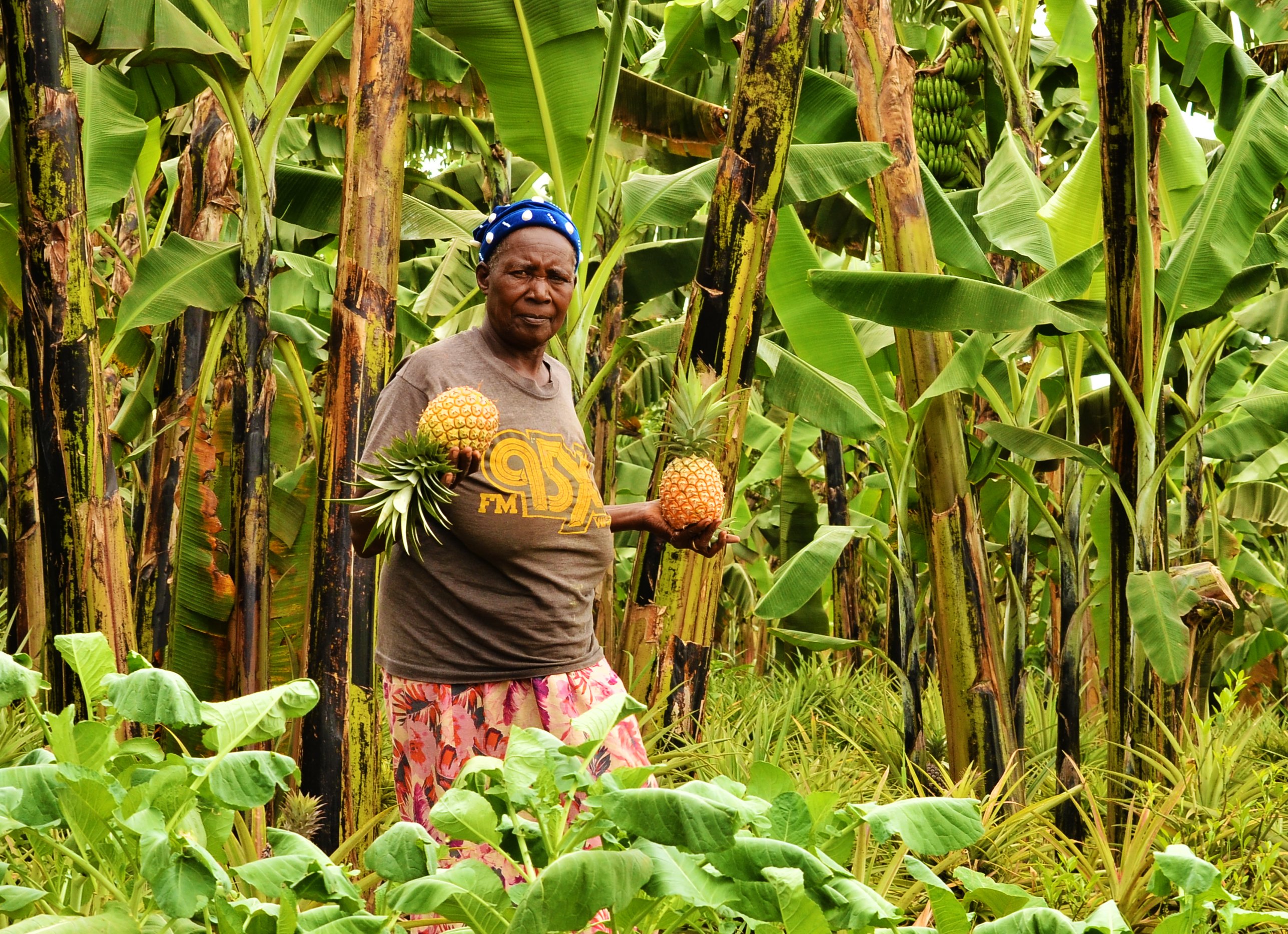Embrace carbon markets to unlock climate finance

Howard Mwesigwa
What you need to know:
- Uganda can not only mitigate climate change, but also catalyze socio-economic transformation for her citizens and the generations to come.
With the surge in climate change-related disasters locally and globally, there has been an unparalleled escalation in global discourse on sustainable climate change adaptation and mitigation solutions.
From erratic weather patterns disrupting agricultural productivity, to the cumulative frequency of extreme weather events like floods and droughts claiming lives, property and critical infrastructure, the impacts are most palpable. It is the recognition of this urgency and the pressing need to commit to ambitious climate action that justified Uganda’s ratification of the Paris Agreement back in 2016.
One of the cogent solutions that have emerged is Carbon Markets. Embracing Carbon Markets can serve as a potent tool for Uganda to access the much needed climate finance and facilitate her aspirations as embedded in her Nationally Determined Contribution (NDC) updated in 2022, under the auspices of the United Nations Framework Convention on Climate Change (UNFCCC).
Incidentally, Uganda’s expansive forest cover, arable land, conducive weather and renewable energy potential place her as a prime candidate for optimal carbon market participation.
Uganda boasts of vast forest resources which serve as potent carbon sequestrators and play a central role in mitigating GHG emissions. Uganda can leverage carbon markets to incentivise initiatives like Reducing Emissions from Deforestation and Forest Degradation (REDD+) so as to conserve her receding forest cover while concomitantly generating carbon credits.
These credits can then be sold on international Carbon Markets. This trade in carbon credits can go a long way in providing a vital revenue stream whilst propagating forest conservation, poverty alleviation and socio-economic transformation in Uganda.
Drawing from Uganda’s abundant sunlight and hydroelectric potential, Renewable Energy deployment offers a two-fold benefit of reducing carbon emissions and enhancing energy access by offering the clean cooking alternatives driving the diametrical shift from the heavy reliance on charcoal and firewood, which are major contributors to deforestation in Uganda.
Through embracing Carbon Markets, Uganda stands to unlock the much needed climate finance while simultaneously attracting significant investments in Renewable Energy infrastructure.
The promise of Carbon Markets notwithstanding, Uganda faces several challenges in harnessing their full potential. Limited institutional capacity, inadequate regulatory frameworks, knowledge gaps and market volatility pose elephantine barriers. However, through targeted capacity building, awareness creation and strategic policy formulation, Uganda can unlock the much-needed climate finance available through Carbon Markets.
Moreover, embracing Carbon Markets presents a myriad of opportunities for Uganda’s sustainable development agenda. From creating green jobs to fostering innovation in low-carbon technologies, Carbon Markets offer a compelling pathway towards Uganda’s green growth aspirations.
By harnessing the economic potential of carbon emissions reductions and sustainable land use practices, Uganda can build a more resilient and prosperous future for her people and the planet. However, collective action and concerted efforts are imperative to ensure that the promise of Carbon Markets translates into tangible benefits for all stakeholders. Through strategic investments in Carbon Market initiatives, Uganda can not only mitigate climate change, but also catalyze socio-economic transformation for her citizens and the generations to come.
Mr Howard Mwesigwa is the Team Leader – Energy, Environment & Sustainability at Kalikumutima & Co. Advocates




